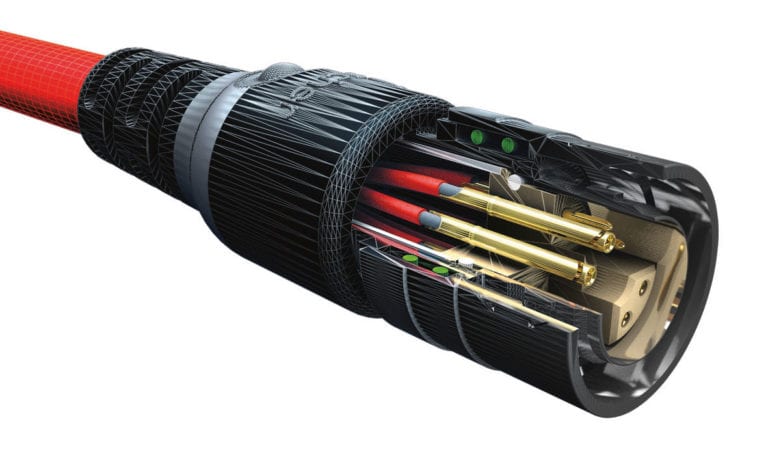Industrial environments often present extreme challenges for electrical connectors. Factors like temperature fluctuations, moisture, vibration, and chemical exposure can significantly impact the reliability and longevity of electrical connections. Selecting the right industrial electrical connectors is paramount for ensuring uninterrupted operation and preventing costly downtime. The best connectors for harsh environments are those that prioritize durability, sealing, and robust construction. One crucial characteristic of high-quality industrial connectors is their ability to withstand environmental extremes. Connectors designed for harsh conditions typically feature robust housings made from durable materials like stainless steel or high-grade plastics. These materials offer excellent resistance to corrosion, impact, and temperature variations. Furthermore, effective sealing mechanisms, such as O-rings or gaskets, are essential for preventing the ingress of moisture, dust, and other contaminants. IP (Ingress Protection) ratings are crucial to consider, as they indicate the connectors ability to withstand these environmental factors. Vibration resistance is another critical factor in industrial settings. Machinery and equipment often generate significant vibrations, which can loosen or damage electrical connections. Connectors designed for harsh environments incorporate robust locking mechanisms, such as threaded couplings or bayonet locks, to ensure a secure and reliable connection even under intense vibration. Additionally, strain relief features help to prevent damage to the cable and connector interface, further enhancing reliability. Chemical resistance is also vital, especially in industries where exposure to corrosive substances is common. Connectors used in these environments must be made from materials that can withstand prolonged exposure to chemicals without degradation. Specialized plating or coatings may also be used to enhance chemical resistance. Selecting connectors with appropriate chemical resistance ensures that they maintain their integrity and performance over time. In addition to environmental resistance, the electrical performance of industrial connectors is crucial. Factors like current and voltage ratings, contact resistance, and insulation resistance must be carefully considered to ensure compatibility with the application. High-quality connectors are designed to minimize voltage drop and maintain stable electrical connections, even under demanding conditions. Ultimately, the best industrial electrical connectors for harsh environments are those that combine robust construction, effective sealing, and reliable electrical performance, ensuring long-term reliability and safety.
The Best Industrial Electrical Connectors for Harsh Environments
A review and comparison of industrial electrical connectors designed for harsh environments, specifically those with high moisture, dust, or temperature, is provided.

